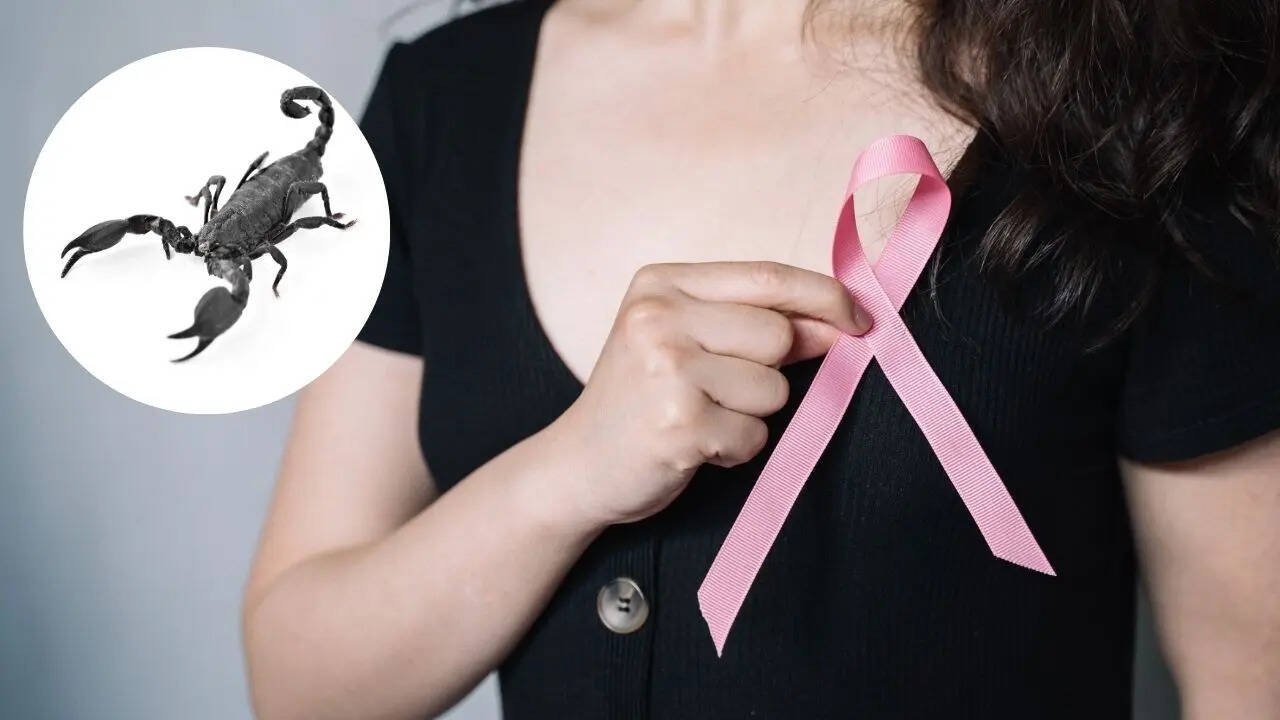Can Scorpion Venom Really Treat Breast Cancer? Here’s What Experts Say

Credits: Canva
SummaryBrazilian scientists say a molecule in scorpion venom may fight breast cancer in lab tests. While early findings show promise, experts caution that scorpion venom is not yet an approved treatment, and standard therapies remain the safest option. Keep reading for more details.
End of Article
